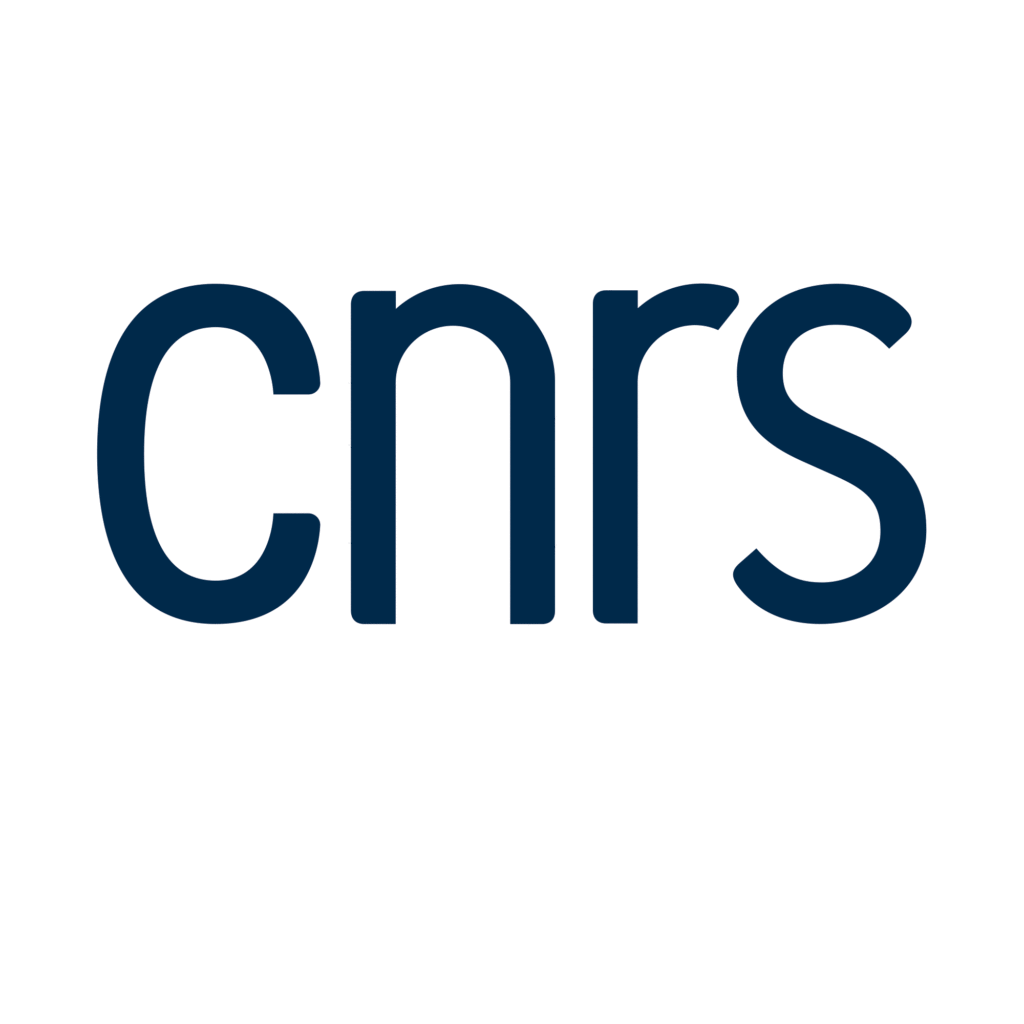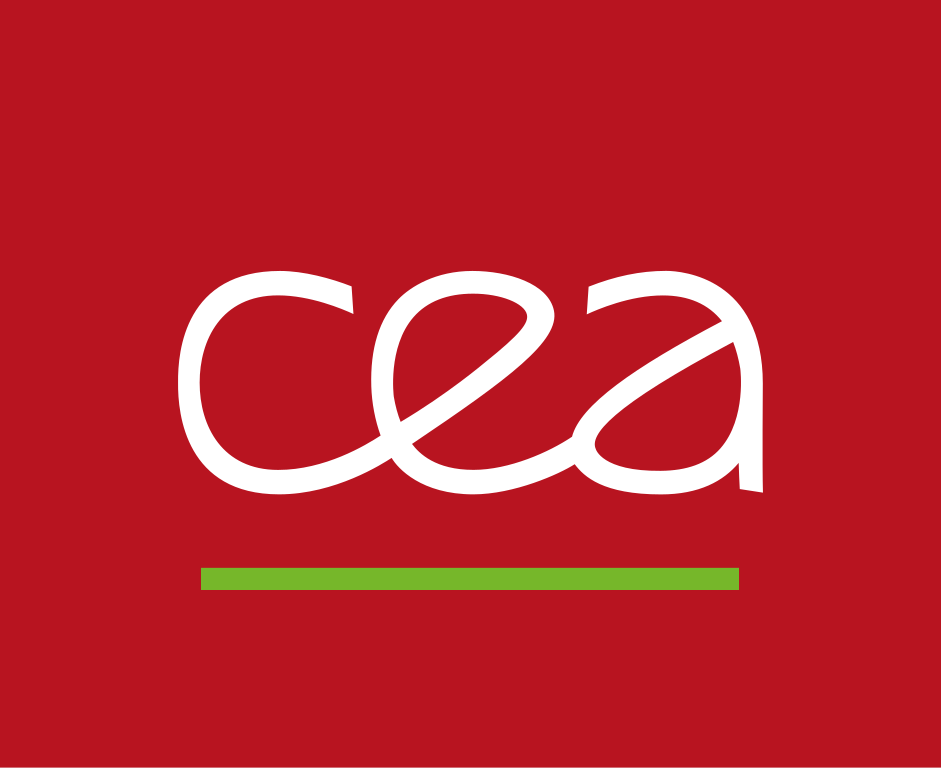Grandes écoles are uniquely French institutions that offer specialized education of a very high standard. And this high standard is reflected in the strict admission requirements.
Strictly speaking, the term grande école should only really apply to the oldest and most prestigious of these institutions, but in practice many of the more recent institutions also use the title.
Over the years, the grandes écoles have opened their doors to an increasing number of students, while retaining their traditionally high standards. They offer places to many foreign students, and actively promote an international outlook to education and professional life.
Some of the grandes écoles enjoy worldwide renown. Classic examples are l’École Centrale, founded in 1829, l’École des Hautes Études Commerciales (HEC), founded in 1881, and the younger École Nationale d’Administration (ENA), founded in 1945. Many of France’s senior political figures and captains of industry graduated from these schools.
**Courses
Programmes at the grandes écoles may be primarily, economic (at l’École des Hautes Études Commerciales and les Écoles Supérieures de Commerce), or scientific (l’École Polytechnique, l’École Centrale, l’École des Mines, l’École des Ponts et Chaussées, etc.).
**Status
Some grandes écoles are state-funded under ministerial responsibility (Ministry for Youth, National Education and Research, Ministry of Defence and for War Veterans, Ministry for Capital Works, Transport, Housing, Tourism and the Sea, Ministry for the Economy, Finance and Industry, etc.). Sixty-eight percent of the engineering grandes écoles are state-funded. Some grandes écoles are private, and others are consulaire, which means they are run by chambers of commerce and industry (CCI). Most of the grandes écoles in this consulaire category specialize in business subjects, though a few specialize in engineering







